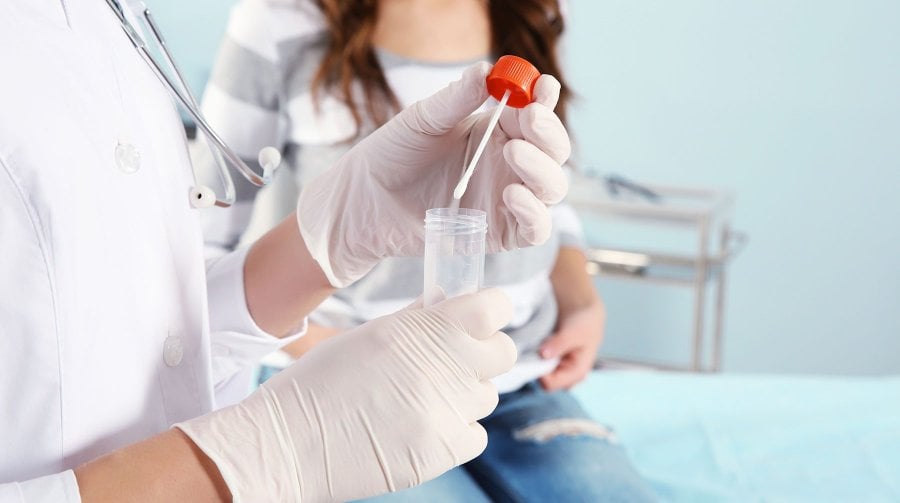
In November 2020, the World Health Organization (WHO) launched a global initiative to eliminate cervical cancer using a three-pronged approach: vaccination, screening, and treatment.
The UK is one of the countries leading the way. Since the launch of its cervical screening programme in 1988, the number of cervical cancers has declined considerably, which, without screening, would have resulted in one of the highest cervical cancer death rates in the world. The school-based HPV vaccination programme for girls in Year 8 (aged 12-13) began in 2008, and for boys in 2019. The first-dose coverage in girls has remained over 80% despite some delays until Year 9 in some children due to the COVID-19 pandemic. Now, the effects of vaccination are beginning to emerge as the early vaccinated women are attending screening for the first time: a requirement for all women when they turn 25. Only about half of the women now aged 25 were vaccinated when they were aged 14-17 but the pre-cancer rates have halved. So, the biggest impact of vaccination still remains to be seen.
Yet as we mark Cervical Cancer Prevention Week, we read in the news that nearly a third of all women are not up to date with their screening and Jo’s Cervical Trust are calling for increased commitment from the UK government to ensure no one is left behind. The COVID-19 pandemic caused obvious delays in screening for many women, coupled with reports in the press of women who have to battle to get an appointment at their GP surgery.
In Sweden, the government adapted quickly. Women were sent HPV self-sampling kits directly to their homes through the post, increasing coverage by 10% in just a year. Self-sampling is labelled a game-changer because it is effective at picking up HPV but much less invasive and can be done by women at home. The NHS is evaluating several HPV self-sampling options.
At the London School of Hygiene & Tropical Medicine (LSHTM), we are establishing a pioneering project to evaluate a catch-up HPV test in women who are now too old to be included in the screening programme. Around half of all women who die from cervical cancer in the UK are aged over 65 because they are no longer screened, but we hope to demonstrate that a national catch-up programme would prevent these deaths. Our project involves posting a urine collection kit to 18,000 women aged 60-79 in the Manchester and Hull areas to screen them for HPV and identify those at increased risk of developing cervical cancer.
Our postgraduate taught courses provide health practitioners, clinicians, policy-makers, scientists and recent graduates with a world-class qualification in public and global health.
If you are coming to LSHTM to study an intensive master's degree or distance learning programme (PG Cert, PG Dip, MSc or individual modules) starting in 2024, you may be eligible for a 5% discount on your tuition fees.
These fee reduction schemes are available for a limited time only.
